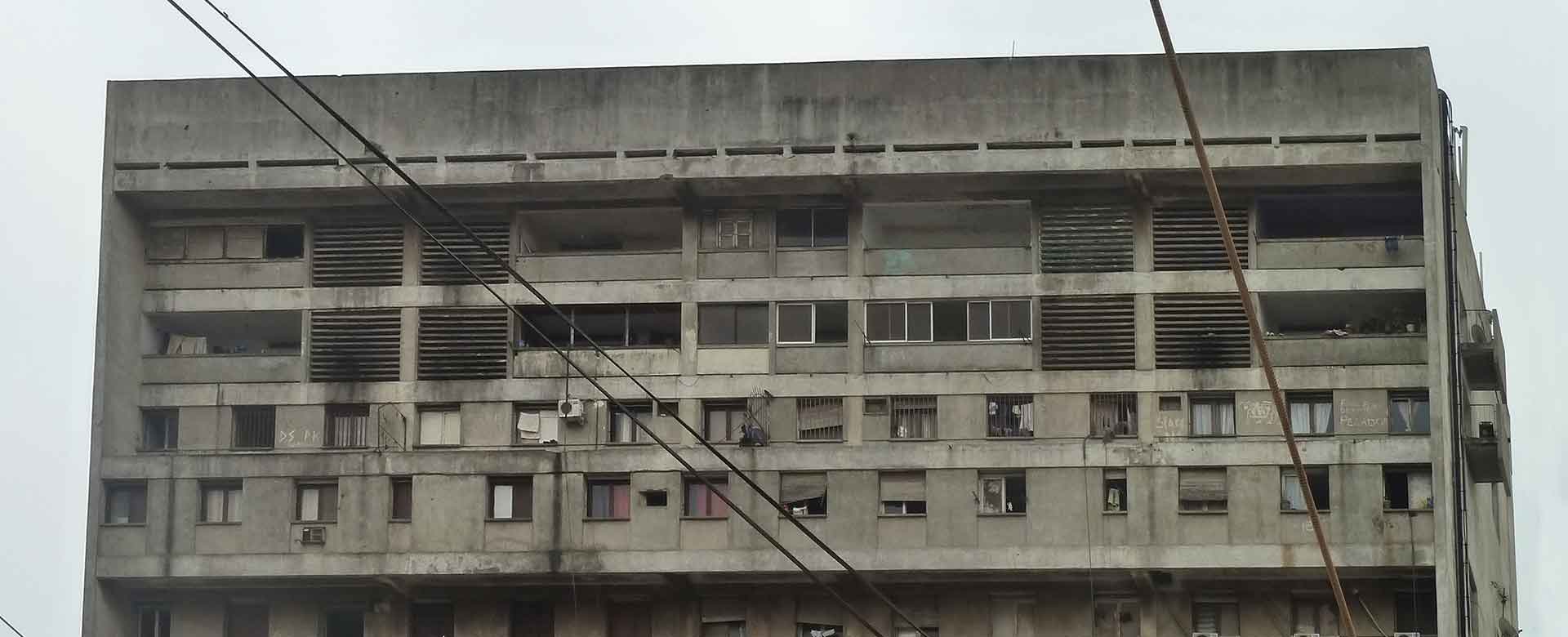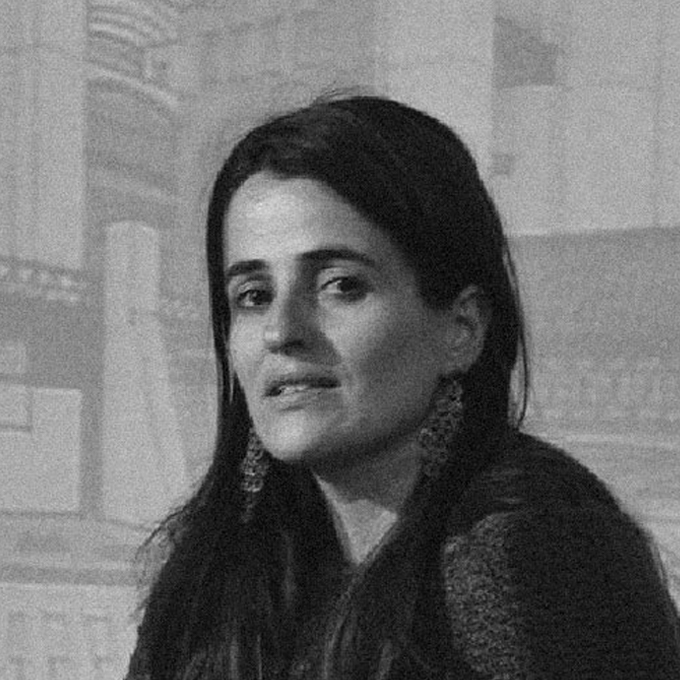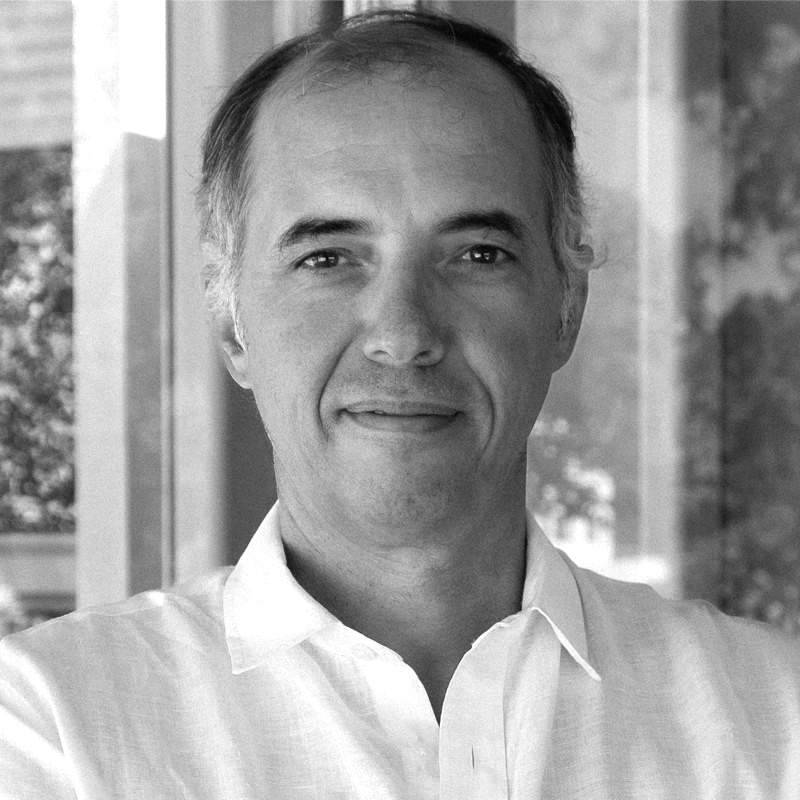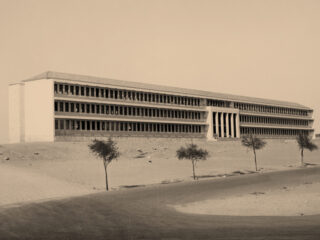LLM – Homes for the biggest number: Lisbon, Luanda, Macao
The research aims to survey, catalogue and contextualize housing projects in Lisbon, Luanda and Macao, built between the 1960s and the 1980s, which stood out for large scale occupation and high number of people housed. It is intended to identify the existing housing and urban models and to map the changes after 40 years of use in order to understand how to adapt to current conditions (urban and social) and to support its future.
Methodology: Initially it begins with a detailed description and historical process, creating records of inventory, referenced to the Geographic Information System, and the redrawing of projects (for comparative analyses of the urban design and of the housing cell unit). It follows a visit to the complexes to verify its conservation state, experiencing the urban situation and describing the profile evolution of current populations. Questionnaires will be released for occupation and social satisfaction reporting (district/dwelling). Qualitative interviews to deep-rooted groups (social and cultural groups of belonging) will allow evaluating the integration in the city.
The visits will be recorded on video for “future memory” and a documentary (three 30 minutes short-films) will be produced. In the last year, workshops will be implemented with the communities, involving architects, students, residents and local institutions, proposing architectural interventions based on historical and social analysis and in the Portuguese tradition of participatory architecture.
ISCTE-IUL
IHRU (PT)
Team

Bruno Macedo Ferreira
Researcher

Débora Félix
Researcher

Hugo Coelho
Researcher

Isabel Guerra
Researcher

João Vieira
Researcher

Jorge Figueira
Researcher
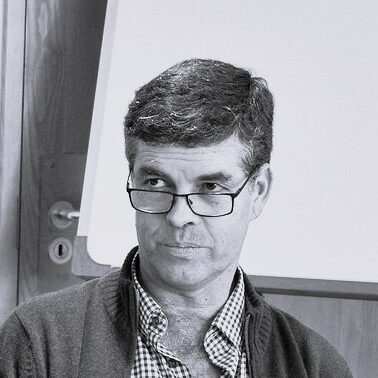
José Luís Saldanha
Researcher
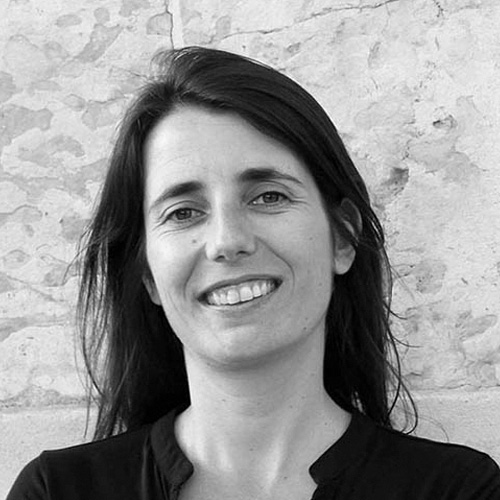
Juliana Guedes
Researcher
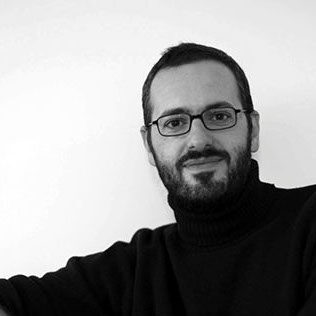
Luís Urbano
Researcher

Rogério Vieira de Almeida
Researcher

Rui Leão
Researcher
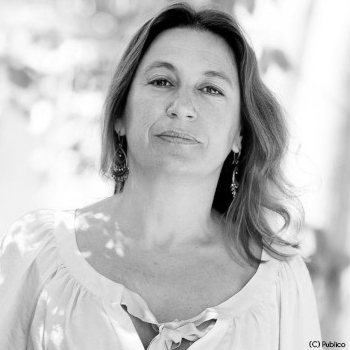
Sandra Marques Pereira
Researcher
Results
BOOK CHAPTERS
Milheiro, Ana Vaz; Almeida, Rogério Vieira (2015). Nova Oeiras: an Ideal for Living – a middle class ideal before the large housing complexes, in Fernandes, José Manuel; Janeiro, Maria de Lurdes. Nova Oeiras Book. Oeiras: Câmara Municipal de Oeiras / Fundação Calouste Gulbenkian, p.110-141; Documentation for the application for UNESCO World Heritage of the Nova Oeiras Residential Neighbourhood, Oeiras Municipality, Portugal;
Milheiro, Ana Vaz; Fiúza, Filipa; Almeida, Rogério V.; Félix, Débora (2015). “Radieuse Peripheries: A comparative study on middle-class housing in Luanda, Lisbon and Macao”, in Middle-Class Housing in Perspective From Post-War construction to Post-millennial Urban Landscape, Bern: Peter Lang Publishers, p. 211-240;
Milheiro, Ana Vaz; Fiúza, Filipa (2015). “The Prenda District in Luanda: building over the colonial city”, in Silva, Carlos Nunes (ed.), Urban Planning in Lusophone African Countries. Surrey: Ashgate, p. 93-100;
ARTICLES
Pereira, Sandra Marques (2017). “Mass housing in Lisbon: sometimes it works”, Journal of Housing and the Built Environment Vol. 32, No. 3 (September), pp. 513-532
